How do you progress in Pilates?
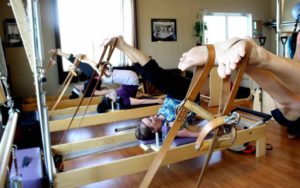 A client was asking me today about how you progress when using the Pilates equipment. She was examining the springs and asked me,” so does someone more advanced than me use a heavier spring? Is that how you make it more challenging?”
A client was asking me today about how you progress when using the Pilates equipment. She was examining the springs and asked me,” so does someone more advanced than me use a heavier spring? Is that how you make it more challenging?”
Unlike traditional weight training and fitness programs where you continue to challenge you body by increasing weight, increasing repetition and decreasing rest time…the Pilates method of exercise works just a little differently.
Our goals in Pilates are of course to become stronger and more flexible, but you could say that we are a little bit pickier in Pilates than traditional fitness programs. Another important goal in Pilates is to develop the body uniformly. What this means is that we are training the body as a whole and creating uniform, balanced strength in all your muscles. We are training the body to learn to initiate movement from the center and move in a very efficient movement pattern. From a training standpoint this means we don’t just want to push on a resistance we want to be able to recruit the correct muscles to push on a resistance so that the movement is precise, controlled and comes from our center. To an untrained eye these subtleties don’t mean much. But for the person doing the work it as an amazing difference.
Long story short….progression does not just happen from increasing the amount of strength needed to do a movement. The body is continually challenged by asking it to “perform better”. It is challenged by trying to execute movements with more and more control and precision each time and by doing more work from your core musculature and working in a more balanced way.
There are definitely times when we make a spring heavier to make an exercise more challenging, but more often than not we will make a spring lighter if we want to make an exercise more challenging. By using a lighter spring the body has to do more work to hold itself in space and move with precision. A heavier spring is usually more supportive, thus, you do not have to work as hard.

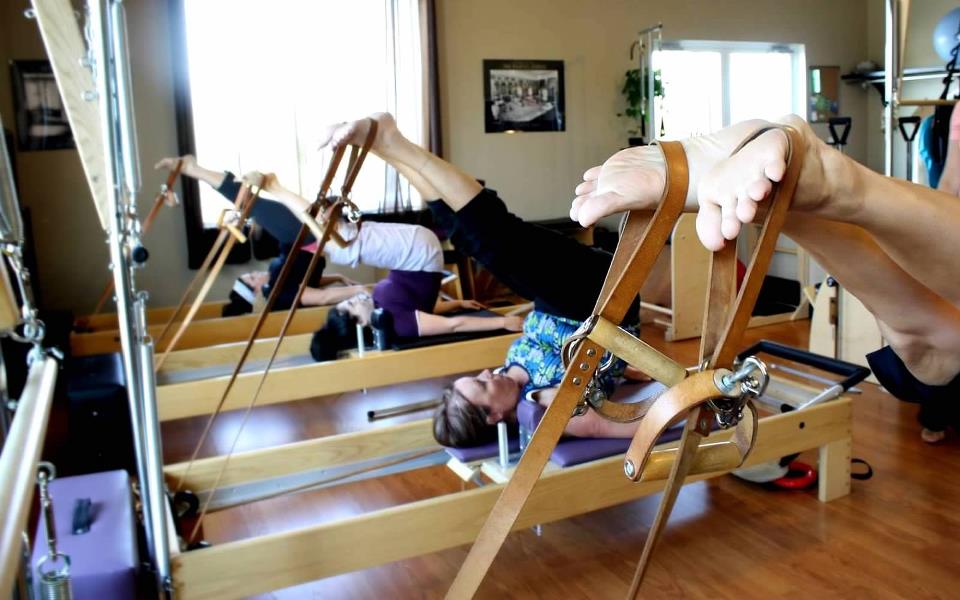

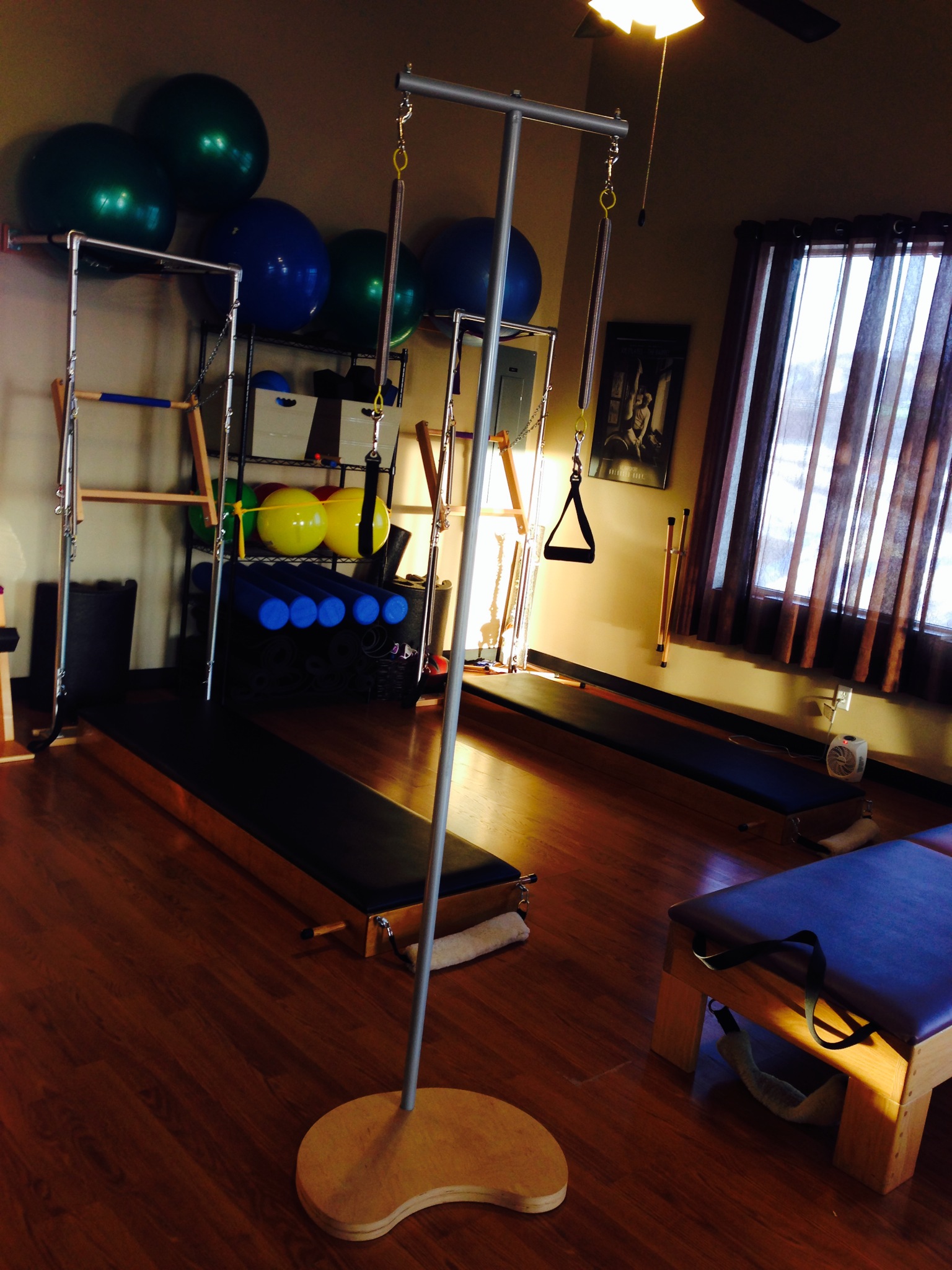
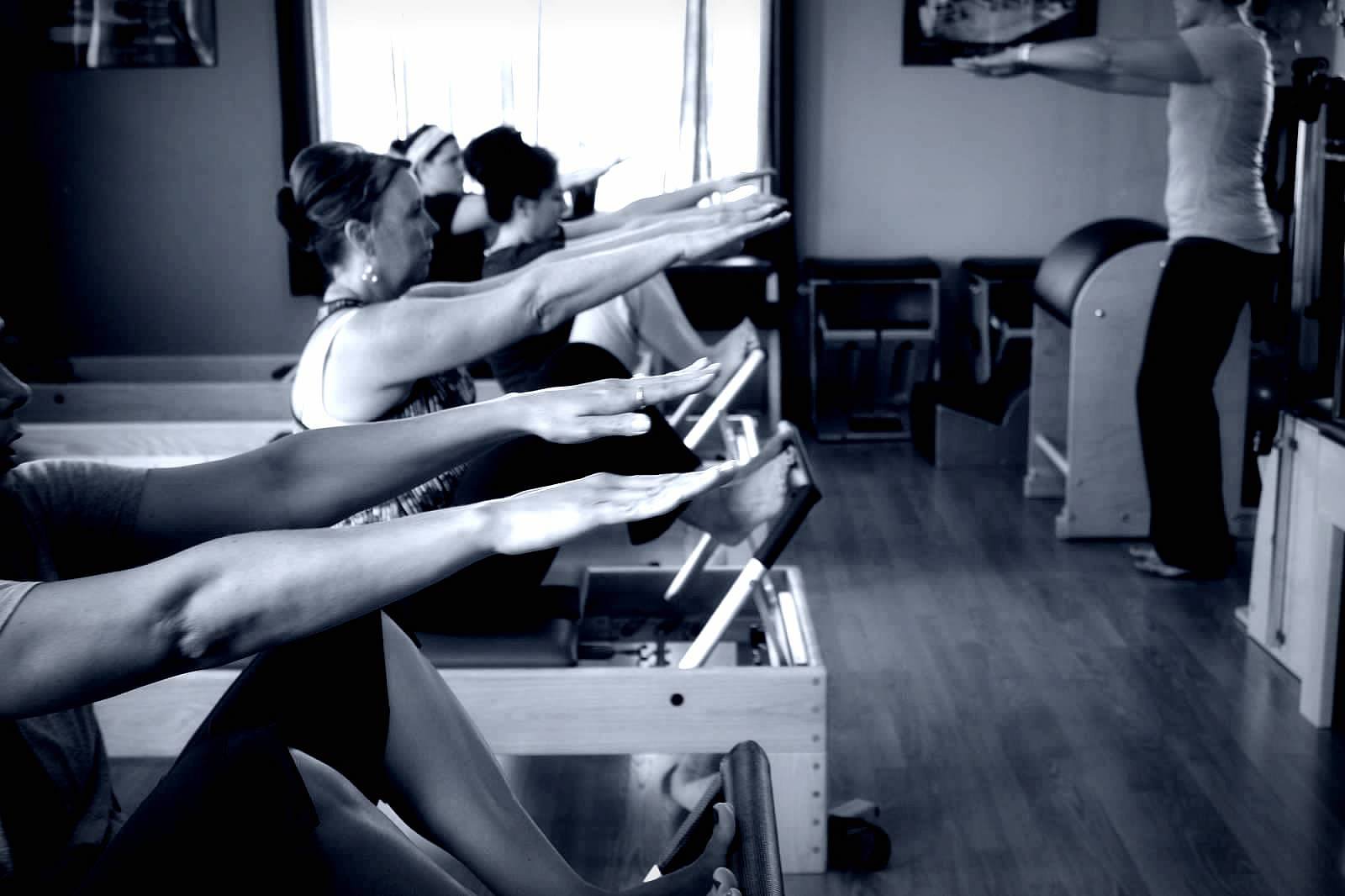

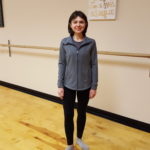

Leave a Reply
Want to join the discussion?Feel free to contribute!